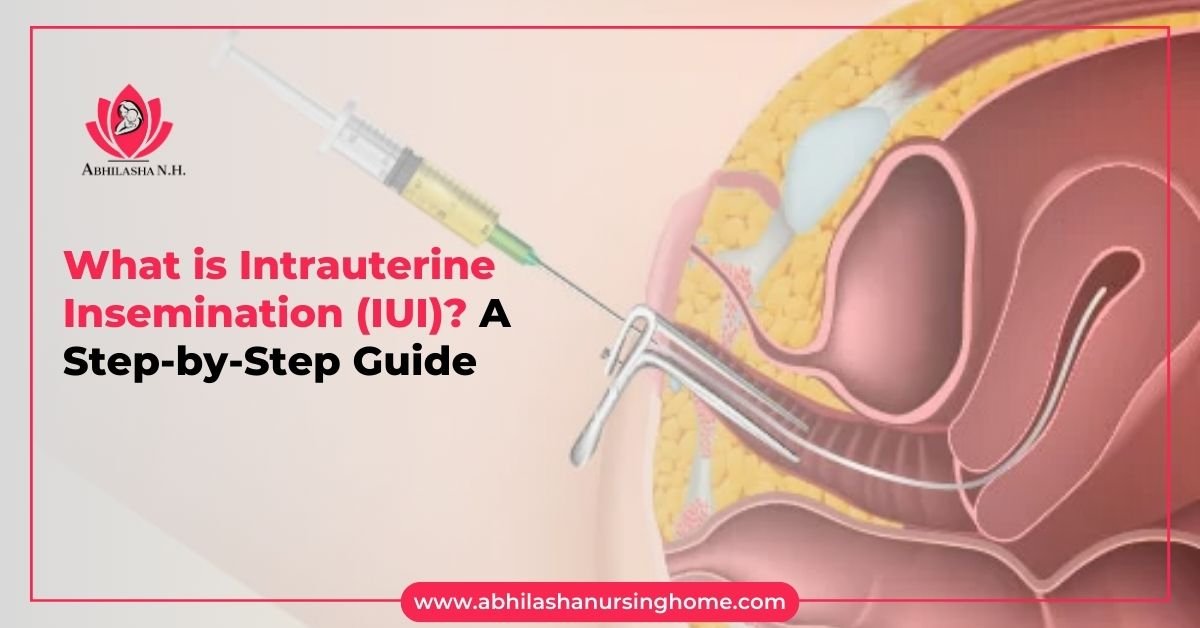What is Intrauterine Insemination (IUI)?
Intrauterine Insemination (IUI) is a fertility treatment that involves placing sperm directly into a woman’s uterus to facilitate fertilization. This procedure aims to increase the number of sperm that reach the fallopian tubes, thereby enhancing the chances of egg fertilization.
How Can IUI Help Me Conceive?
IUI can help couples with various fertility issues, including:
- Low Sperm Count or Motility: IUI can be beneficial for men with low sperm count or poor motility as it places sperm closer to the egg.
- Unexplained Infertility: For couples with no identified cause of infertility, IUI is often a first-line treatment.
- Cervical Mucus Problems: IUI bypasses cervical mucus, which can sometimes hinder sperm from reaching the egg.
- Donor Sperm: IUI is commonly used when donor sperm is involved.
How Much Does IUI Cost?
The cost of IUI can vary depending on the clinic, location, and whether fertility medications are used. On average, the price ranges from $300 to $1,000 per cycle. Additional costs may include medications, ultrasounds, and other procedures.
Are There Different Types of IUI?
Yes, there are primarily two types of IUI:
- Natural Cycle IUI: No fertility drugs are used, and the procedure is timed with the woman’s natural ovulation cycle.
- Stimulated Cycle IUI: Fertility medications are used to stimulate the ovaries to produce multiple eggs, increasing the chances of conception.
What Does an IUI Feel Like?
Most women experience little to no discomfort during an IUI procedure. It might feel like a Pap smear, with cramping or discomfort when the catheter is inserted into the uterus. The entire process usually takes about 5-10 minutes.
IUI Procedure Step-by-Step
- Ovulation Monitoring: The woman’s ovulation cycle is monitored through ultrasounds and hormone tests.
- Sperm Collection: A sperm sample is collected from the male partner or a donor.
- Sperm Preparation: The sperm is washed and concentrated to increase the chances of fertilization.
- Insertion: Using a thin catheter, the prepared sperm is inserted directly into the uterus.
- Rest: The woman is typically advised to rest for a short period after the procedure.
IUI Success Rates
The success rates of IUI vary depending on several factors, including the woman’s age, the cause of infertility, and whether fertility medications are used. Generally, success rates range from 10% to 20% per cycle.
Is IUI Right for Me?
IUI may be suitable if you have:
- Mild male factor infertility
- Cervical mucus issues
- Unexplained infertility
- Donor sperm is required. However, IUI may not be recommended for women with severe fallopian tube disease, severe endometriosis, or significant pelvic adhesions.
Consulting with a gynaecologist can help determine if IUI is the right option based on your circumstances and medical history.

